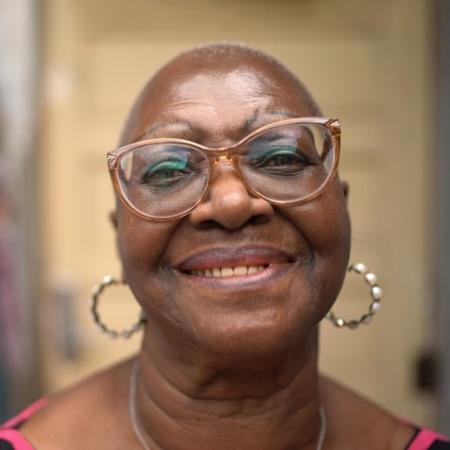People who take part in clinical trials are key to advancing medical research. By participating in a breast cancer clinical trial, you may contribute to finding the next breakthrough breast cancer treatment. This can potentially benefit your own treatment journey and also help other people with breast cancer in the future.
Your safety and privacy are the highest priority while participating in any of our clinical trials.
- Your participation in our clinical trials is voluntary, and you are free to withdraw at any time, for any reason.
- Your decision to stop being in a clinical trial will not affect your regular medical care or any benefits that you are entitled to.
If a Pfizer breast cancer clinical trial is a good fit for you and you decide to take part, you will receive:
- Close monitoring of your breast cancer during the trial
- Access to investigational medicines or standard of care treatment (which is the established treatment currently used in people with your breast cancer type)
- The study medicine and any study-related procedures provided at no cost (these are generally covered by the sponsor)
- Reimbursement for any reasonable expenses that you may have as a result of taking part in the study such as parking, meals, or other travel-related expenses (check with your study team as this may vary)
- The opportunity to help advance scientific knowledge of breast cancer and potentially help other people with breast cancer in the future





